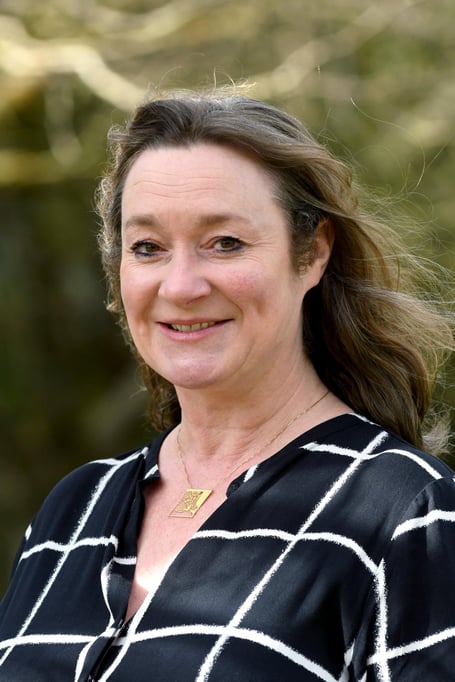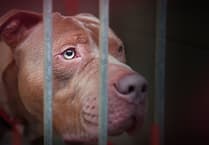A change to the way the island calculates carbon emissions has resulted in an over-50% reduction in recorded residential emissions.
Chair of the Climate Change Transformation Team Daphne Caine MHK was asked in Tynwald this week why the published figure for carbon emissions had been reduced since a 2019 report by Dr Michelle Haywood.
Mrs Caine said the massive reduction could be attributed to a methodological update in reporting emissions, specifically for residential and business emissions.
She said: ‘Previously, emissions from residential heating had been estimated by extrapolating historical trends from 2001 for oil and 2010 for gas and LPG. Historical trends estimated an increase in emissions of 3% per year in the residential heating category.
‘For the 2019 Inventory, exact data relating to the private use of fuel (oil/gas) was used for the first time. Reporting consisted of volume data relating to the number of litres used for heating oil and the gigawatt hours (GWh) for natural gas.
‘The overall impact of the changed methodology gave a 53% reduction in estimated emissions. Overall, residential emissions have been reduced from 312.7 kilotonnes (kt) CO2e to 146.5 kt CO2e due to this change in methodology.’
The Garff MHK said that the change in methodology has also corrected an historical anomaly relating to the island’s natural gas rollout.
The recorded levels of business emissions have also been reduced by the changed methodology, 60% of business related emissions relate to fuel combustion.
Mrs Caine said: ‘By analysing data relating to the usage of fuel for heating, there has been a 48% reduction in emissions for businesses.
‘The remaining 40% of business emissions relates largely to refrigeration and chemical processes and is therefore unaffected by this update. Overall, business emissions have been reduced from 101.1 kt CO2e to 52.6 kt CO2e.’
‘The overall impact of the update has led to an estimated 25% reduction in 2019 emissions.’
Mrs Caine said that work to obtain more accurate data will continue in future years and that this may lead to further revisions.
The change brings some unanswered questions about the island’s climate change targets.
Earlier this year, Tynwald committed to cutting carbon emissions by 35% by 2030 and 45% by 2035, as part of the aim of being carbon net zero by 2050.
However, neither Mrs Caine’s answer, nor the government’s climate change plan for 2022 to 2027 makes clear which baseline is being followed when comparing the figures to 2018.

.png?width=209&height=140&crop=209:145,smart&quality=75)

.jpeg?width=209&height=140&crop=209:145,smart&quality=75)
.jpeg?width=209&height=140&crop=209:145,smart&quality=75)